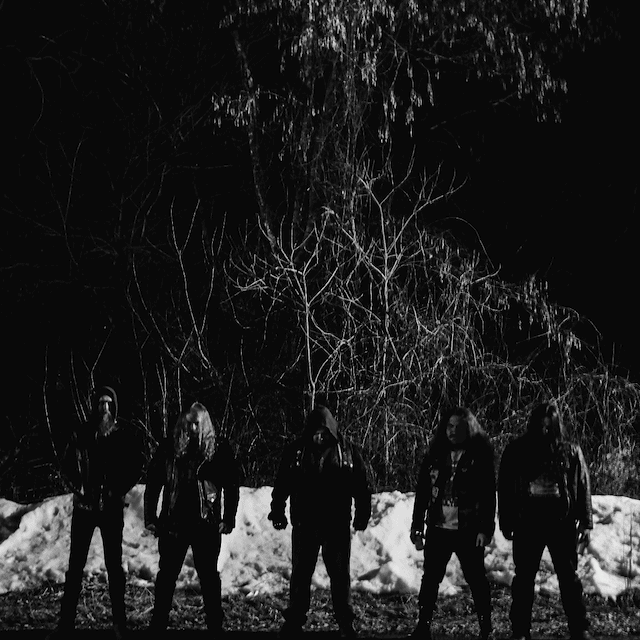

Mixing the classicism of a cello sound with Earth’s booming cinematica feels so natural a fit it’s almost tempting to ask oneself why it’s this long for the instrument to appear so widely on a Carlson penned record. On ‘Father Midnight’, her instrument caws and croaks, scraping emotion from the very strings, whilst elsewhere, she compliments Carlson’s honey-rich guitar tone (‘Descent to The Zenith”) with smooth bowed soothing.
#ANGEL OF DARKNESS ALBUM FULL#
The album is full of duelling, spiralling melodies as Carlson’s guitar dances a slow motion tango with new recruit Lori Goldston’s mournful bowed cello. And the previous record - that lolloping, loping guitar line on ‘Father Midnight’, when stripped of cello, could well have been taken straight out of ‘Hung From The Moon’ - in actuality, it’s better to see Angels of Darkness as a record worth judging on its own merits.ĭoubtless, the first thing that will come to mind for many listeners will be the addition of a new instrument. Whilst on initial listens it’s tempting to point to the similarities between Angels of Darkness. It’s into this context which I’m happier to place Angels of Darkness… I don’t believe that Carlson ever had it in his mind to make The Bees Made Honey In The Lions Skull II, nor would most fans have wanted him to. But secondly, it’s the increasingly broad horizon of Dylan Carlson’s musical vision, and Earth’s refusal to, unlike so many of their Nineties peers, remain stationary, that has given them a new lease of life. Firstly, they proved the longterm viability of their central tenet of slowness: Angels of Darkness… is still the sound of a band making and playing music at tectonic speed. Earth’s longevity and rebirth is attributable to two things. The track only strikes one of those recognisable major chord shifts that lent The Bees… such a glowing optimism at around the third minute, preferring to grimly trudge forward over eight minutes.Ĭarlson has spoken about this album being written and recorded during a rather darker state of mind for him than The Bees…, alluding to near-death experiences and trips in and out of hospital, but it would be churlish to simply attribute the record’s tone to that. The mournful cello which bows in ‘Old Black’ feels not only funereal in tempo, but also weighed down by heavy pathos. In some ways, Angels of Darkness, Demons of Light 1 might disappoint those enamoured with The Bees… It is a notably darker record than anything which Earth have put out since Phase 3: Thrones And Dominions, their grimly hypnotic metal album. As much as I am loath to describe any record with such a meaningless adjective, there was a warmth about The Bees… that can only be described as ‘hope’. It was a smooth, humming, rising sun of a record, throbbing and pulsing with ideas, influences, and above all an element which Earth had not seen before. Admittedly, theirs was hardly a smooth bank back onto course, as those familiar with Dylan Carlson’s legal history will surely testify, but the success of 2008’s The Bees Made Honey In the Lion’s Skull was testament to their rebirth and redemption. But where other bands have rolled off the edge of the track crashed and burned, Earth, despite a hiatus throughout the latter third of the Nineties and the first half of the Noughties, have survived. Earth were symptomatic of this movement (which stretches far broader than simply ‘grunge’), of the way it re-evaluated and understood its antecedents in different ways. Of course, the leftwards bank can be taken to be the late Eighties and early Nineties, the years punk broke. It was this point in the extended metaphor that Earth can be placed. Suddenly speed wasn’t as valued as much as other qualities: tone and dynamics held sway. And then came the slow but inevitable plateau, a smooth and long leftwards bank towards a new understanding of what rock music was and could be. For a time, rock music felt like a rollercoaster – it was as though, after centuries of climbing, music had finally reached the crest of a vast hill, and it spent nigh on three decades tumbling and crashing down, ever faster and ever wilder. It says a lot about modern music that there are entire genres devoted to ‘slow’.


 0 kommentar(er)
0 kommentar(er)
